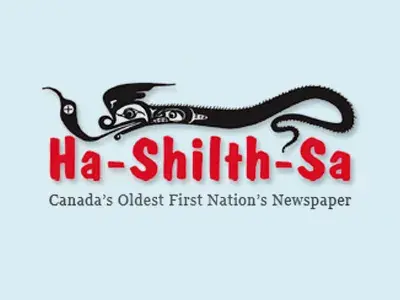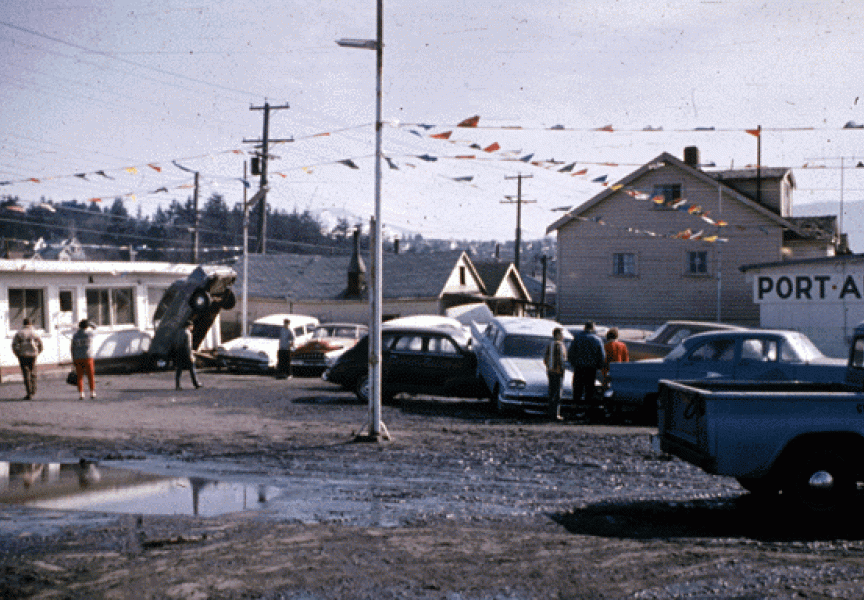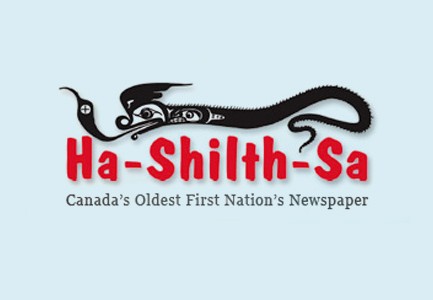In the two World Wars, First Nations people were exempt from conscription, were not considered “citizens” of Canada and did not have the right to vote.
Despite this:
4,000 First Nations men volunteered for service in WWI and over 300 died.
20,000 First Nations volunteered for service in WWII and over 200 died.
These numbers represent about 30% of First Nations men eligible to serve.
To serve in the Canadian Air Force or Canadian Navy you had to be “of pure European descent” although this was rescinded in 1940 for the Air Force and 1943 for the Navy.
Corporal Francis Pegahmagabow, an Ojibwa from Parry Island, Ontario, was the most decorated First People’s soldier in WWI. He was a skilled sniper and trench raider and received the Military Medal 3 times. He returned to become Chief of the Parry Island Band.
Thomas George (Tommy) Prince, an Ojibwa from Manitoba, is Canada’s most decorated Aboriginal war veteran. After spectacular acts of bravery and cleverness, in full view of German soldiers, and critical reconnaissance missions he received the American Silver Star and six service medals. He was awarded the Military Medal for Gallantry by King George VI in 1945. When he came back to Canada he was refused the same rights as other returning veterans and couldn’t find work so he reenlisted and served in Korea.
There has been a concerted effort by First Nations and Metis groups to gain compensation for all the returned aboriginal veterans who were denied veteran’s rights and pensions after their years of service.
So far, success has been limited.
During World War I, women were permitted to vote as a proxy for their father, husband, brother or son who was serving in the Canadian Forces although they had no right to vote themselves. Women were given the right to vote in Federal elections in 1919, although this right was not ratified in Quebec until 1940. Women were granted status as “persons” in 1929, which meant they could run for elected office.
First Nations people were not given the right to vote and run in Federal elections until 1960.
Aboriginal Veterans Day began in 1994 in Manitoba to honour the contributions of First Nations and Metis people who served in the Canadian Military. In 2001 the National Aboriginal Veterans War Memorial was unveiled and dedicated in Ottawa, and commemorative ceremonies are now held in many communities in Canada on November 8th.
Remember and honour the sacrifices of all warriors who fought for our rights as Canadians to freedom and equality and trust that we can work towards a day where all men, women and children in Canada do have equal rights, respect and opportunities.
“A warrior is challenged to assume responsibility, practice humility and then centre his or her life around a core of spirituality. I challenge today’s youth to live like a warrior.”
Billy Mills – 2nd Native American to win an Olympic Gold Medal (10,000 m. Nagano, 1964)"



